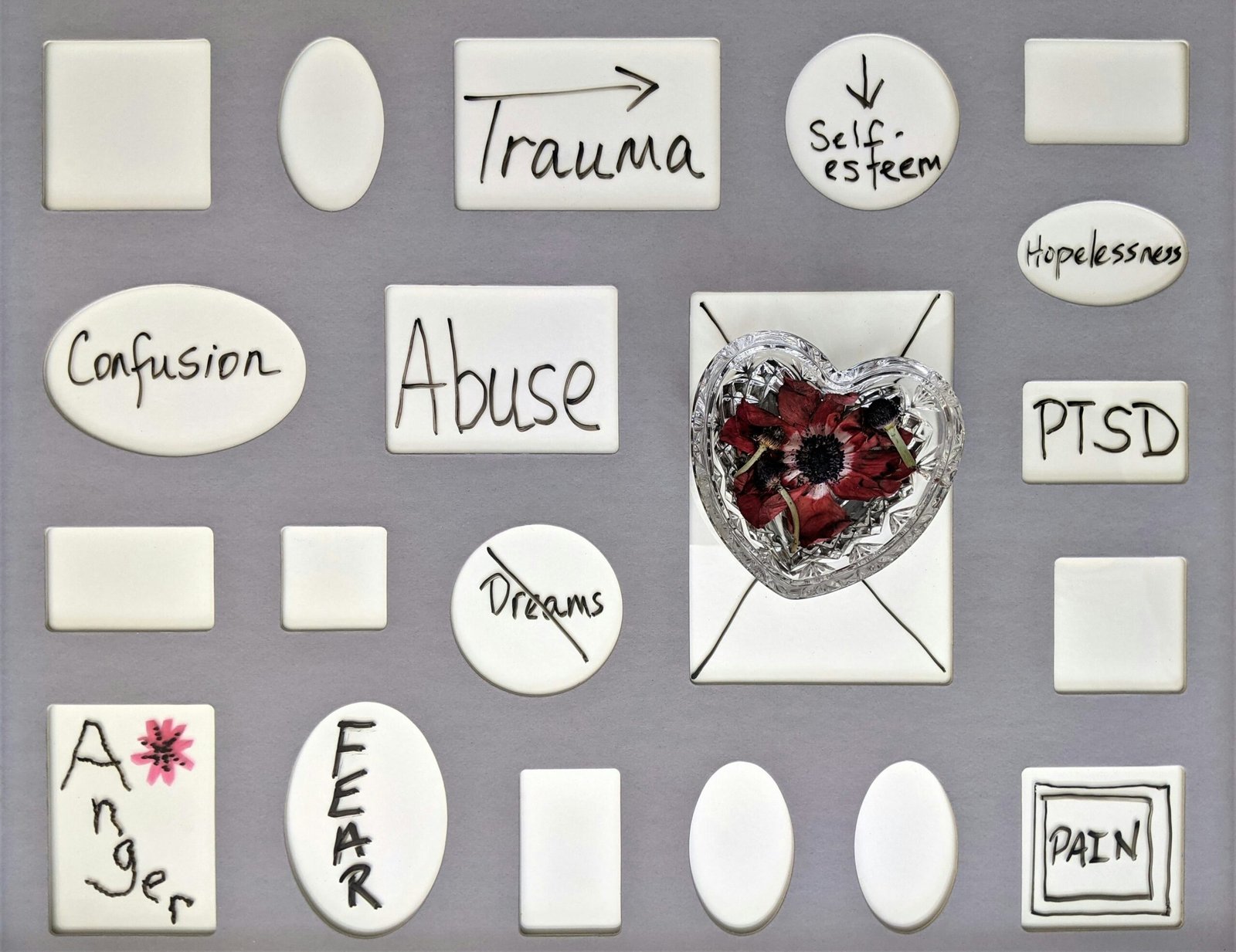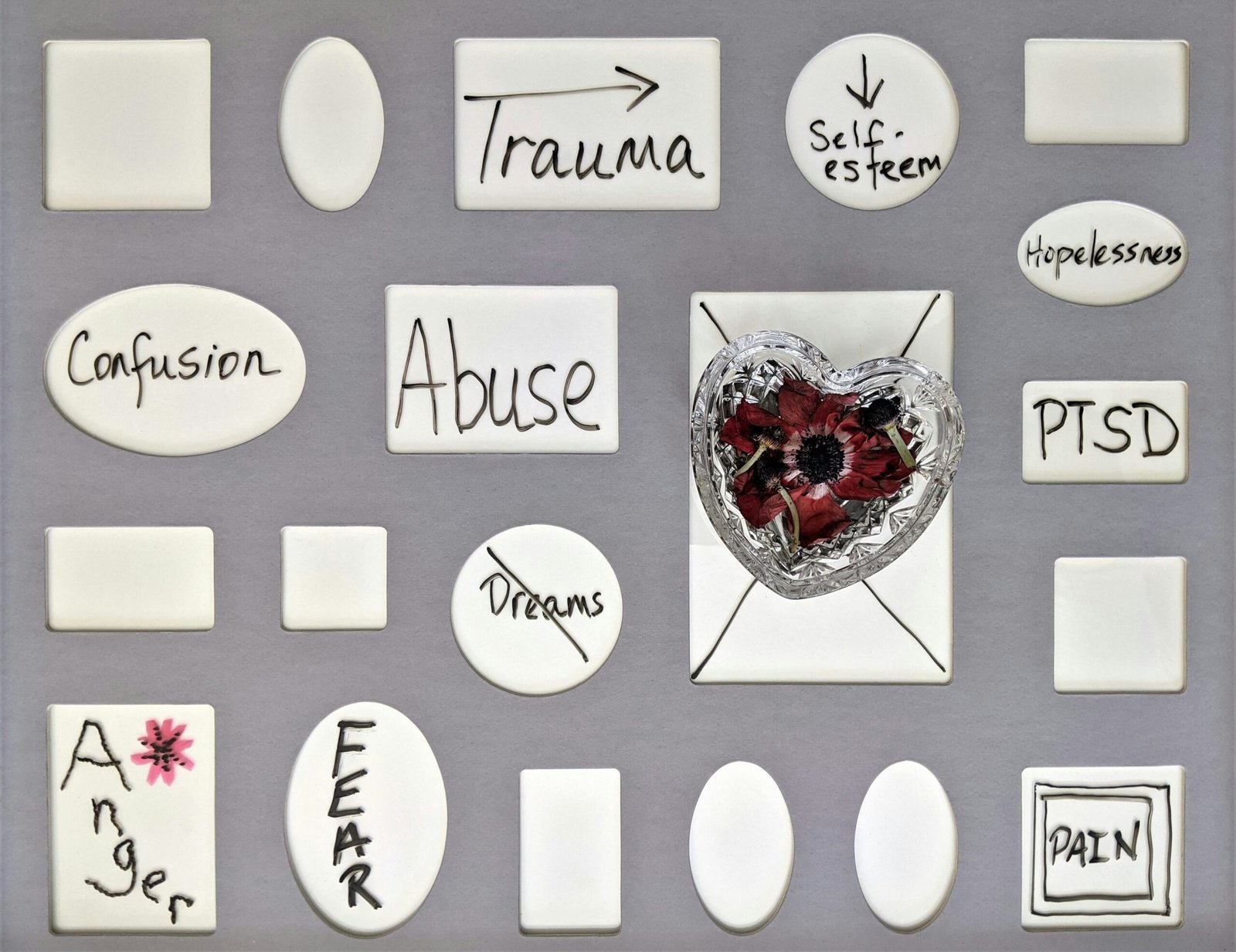Top 10 Ways to Survive Infidelity and Rebuild Trust in Your Relationship
Infidelity can be a devastating blow to any relationship. The betrayal, heartbreak, and loss of trust can feel overwhelming, leaving couples wondering if it’s possible to heal and stay together. While the journey to recovery may be challenging, it is indeed possible to survive infidelity and rebuild trust in your relationship. In this blog post, we will explore the top 10 strategies for overcoming infidelity and staying together.
1. Acknowledge and Address the Pain
The first step in surviving infidelity is to acknowledge the pain and hurt caused by the betrayal. Both partners need to express their emotions and communicate openly about their feelings. Seeking professional help, such as couples therapy, can provide a safe space to address the pain and begin the healing process.
2. Take Time for Self-Care
Dealing with the aftermath of infidelity can be emotionally exhausting. It’s crucial to prioritize self-care during this time. Engage in activities that bring you joy, practice self-compassion, and seek support from friends and family. Taking care of yourself will help you navigate the healing process more effectively.
3. Seek Professional Help
Infidelity recovery can be a complex process that often requires professional guidance. Consider seeking the help of a therapist or counselor who specializes in relationship issues. They can provide valuable insights, tools, and techniques to navigate the challenges and rebuild trust in your relationship.
4. Rebuild Communication
Open and honest communication is essential for healing after infidelity. Both partners need to be willing to listen, express their needs, and work towards rebuilding trust. Practice active listening, empathy, and understanding to create a safe space for open dialogue.
5. Establish Boundaries and Expectations
After infidelity, it’s crucial to establish clear boundaries and expectations for the future. Discuss what is acceptable and unacceptable behavior in your relationship. Setting boundaries helps rebuild trust and ensures both partners feel safe and respected.
6. Be Accountable and Transparent
The partner who had the affair must take responsibility for their actions and be transparent moving forward. Rebuilding trust requires complete honesty, accountability, and a commitment to change. Transparency can help restore faith in the relationship.
7. Practice Forgiveness
Forgiveness is a challenging but necessary part of the healing process. It’s important to remember that forgiveness does not mean forgetting or condoning the betrayal. Instead, it is a choice to let go of resentment and work towards rebuilding the relationship.
8. Focus on the Positive
While it’s natural to dwell on the negative aspects of infidelity, it’s essential to also focus on the positive aspects of your relationship. Celebrate the moments of growth, love, and connection that you share. Cultivating gratitude and appreciation can help strengthen your bond.
9. Rebuild Intimacy
Rebuilding intimacy after infidelity takes time and effort. Explore ways to reconnect emotionally, physically, and spiritually. Engage in activities that foster intimacy, such as date nights, meaningful conversations, and shared experiences.
10. Patience and Time
Healing after infidelity is a journey that takes time. It’s important to be patient with yourself and your partner. Understand that healing is not linear, and there will be ups and downs along the way. With commitment, effort, and time, it is possible to rebuild trust and create a stronger, more resilient relationship.
FAQs
Q: Can a relationship survive infidelity?
A: Yes, a relationship can survive infidelity with commitment, effort, and professional help. Many couples have successfully rebuilt trust and created a stronger bond after experiencing infidelity.
Q: How long does it take to heal after infidelity?
A: Healing after infidelity is a highly individual process. It can take months or even years to fully recover. Patience, understanding, and open communication are key during this time.
Q: Is it possible to trust again after infidelity?
A: Rebuilding trust after infidelity is possible but takes time and effort from both partners. With transparency, accountability, and a commitment to change, trust can be restored.
Q: Should I stay in the relationship after infidelity?
A: The decision to stay in the relationship after infidelity is deeply personal. It’s important to consider factors such as the level of commitment, willingness to work on the relationship, and individual circumstances. Seeking professional guidance can provide clarity and support in making this decision.
Q: How can I rebuild my self-esteem after infidelity?
A: Rebuilding self-esteem after infidelity can be challenging. Engaging in self-care, seeking support from loved ones, and working with a therapist can help in rebuilding self-esteem and regaining confidence.
Q: Can infidelity strengthen a relationship?
A: While infidelity is a significant breach of trust, some couples have reported that their relationship became stronger after working through the challenges of infidelity. Rebuilding trust and open communication can lead to a deeper understanding and connection.
Q: How can I prevent infidelity in my relationship?
A: While there is no foolproof way to prevent infidelity, maintaining open communication, fostering trust, and addressing underlying relationship issues can help minimize the risk. Regularly checking in with your partner, expressing needs, and prioritizing the relationship can contribute to a healthy and strong bond.
Q: Should I tell my friends and family about the infidelity?
A: Whether or not to disclose the infidelity to friends and family is a personal decision. It’s important to consider the potential impact on your relationship and the level of support you may receive. Professional guidance can help navigate this decision.
Q: Can infidelity be a wake-up call for a relationship?
A: Infidelity can serve as a wake-up call for a relationship, highlighting underlying issues that need to be addressed. It can provide an opportunity for growth, self-reflection, and a renewed commitment to the relationship.
Q: How can I rebuild trust in myself after being cheated on?
A: Rebuilding trust in oneself after being cheated on can be a gradual process. Engaging in self-care, practicing self-compassion, and seeking support from loved ones can contribute to rebuilding trust in oneself.
Tips
– Be patient with yourself and your partner throughout the healing process.
– Seek professional help to navigate the challenges of infidelity recovery.
– Focus on open and honest communication to rebuild trust.
– Practice forgiveness, but also set clear boundaries and expectations.
– Prioritize self-care and seek support from loved ones.
– Celebrate the positive aspects of your relationship.
– Engage in activities that foster intimacy and connection.
– Remember that healing takes time and effort.
– Be accountable and transparent in rebuilding trust.
– Embrace the journey of growth and renewal.
Conclusion
Surviving infidelity and staying together is possible with commitment, effort, and professional help. By acknowledging the pain, rebuilding communication, establishing boundaries, and prioritizing self-care, couples can navigate the healing process and rebuild trust. Remember, healing takes time, patience, and understanding. With perseverance and a shared commitment to growth, couples can emerge from the devastation of infidelity with a stronger, more resilient relationship.
Now it’s your turn to take the necessary steps to heal and rebuild trust in your relationship. Share this blog post with others who may benefit from these strategies. Together, we can support each other in navigating the challenges of infidelity recovery.
Remember, you are not alone. There is hope for a brighter future.









